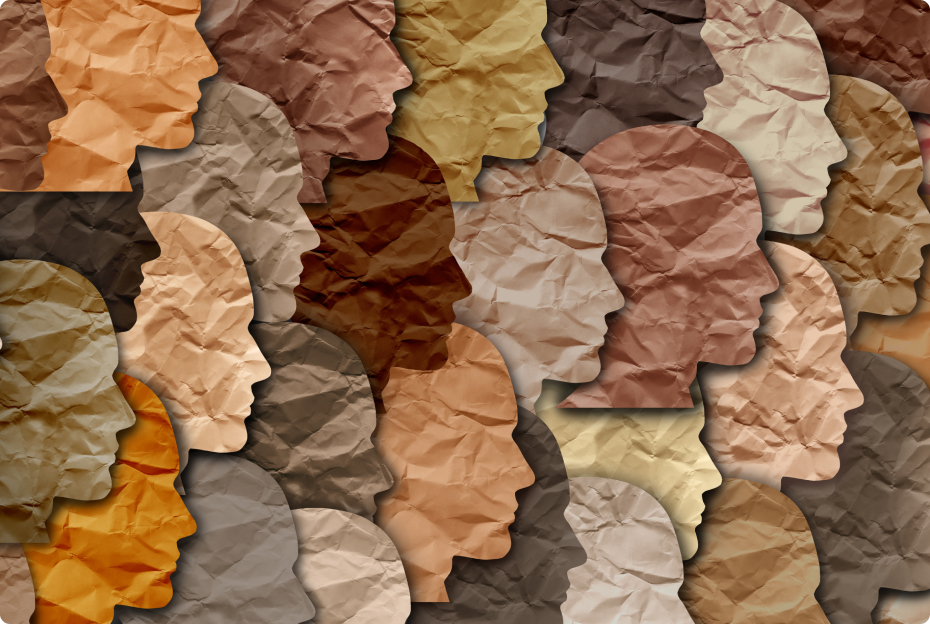
Throughout American history, Black professionals have left an indelible mark on the fields of psychiatry, psychology, counseling, and therapy and have been powerful advocates for mental health treatment and awareness. February, celebrated as Black History Month, provides a fitting backdrop to honor and recognize the monumental contributions of Black Americans who have steadfastly combated the mental health disparities plaguing African Americans and other minority communities. This disparity is particularly evident in the diagnosis and treatment of ADHD but exists for conditions such as anxiety and depression as well.
Among these luminaries stands Bebe Moor Campbell, an author, journalist, and teacher who worked to highlight the mental health needs of the Black community. Campbell’s pioneering efforts took root in California, where she established the National Alliance on Mental Illness-Inglewood, a beacon of hope and support for those grappling with mental health challenges. Her advocacy eventually took her to Washington, D.C. On June 2, 2008, Congress recognized Bebe Moore Campbell National Minority Mental Health Awareness Month to bring awareness to the unique struggles that underrepresented groups face regarding mental illness in the US.
Mamie Phipps Clark, Ph.D., and her husband, Kenneth Clark, Ph.D., were trailblazers in mental health advocacy. Kenneth Clark made history as the first African American to earn a doctorate in psychology from Columbia University, with Mamie Clark following as the second, marking a significant milestone in academic achievement and advocacy. Their “Doll Study,” which revealed the internalized effects of racial prejudice on African-American children through their preference for white dolls over black dolls, played a crucial role in the Brown vs. Board of Education decision that ended school segregation.
Another trailblazer, Maxie Clarence Maultsby, Jr., M.D., has left an indelible legacy in the realm of mental health through his development of rational behavior therapy. Dr. Maultsby’s innovative approach, grounded in emotional and behavioral self-management principles, leveraged cutting-edge neuropsychological insights to forge a comprehensive, drug-free methodology for cognitive-behavioral psychotherapy and counseling. His commitment to the advancement of emotional self-help as a scientifically valid and clinically relevant practice has been immortalized in his pioneering publications, laying the foundation for a new era of therapeutic intervention.
As we celebrate Black History Month, let’s honor the transformative contributions of these and countless other Black professionals in the mental health field. Their dedication, innovation, and resilience have enriched the tapestry of mental health care and paved the way for a more inclusive and equitable future in the healing professions.



